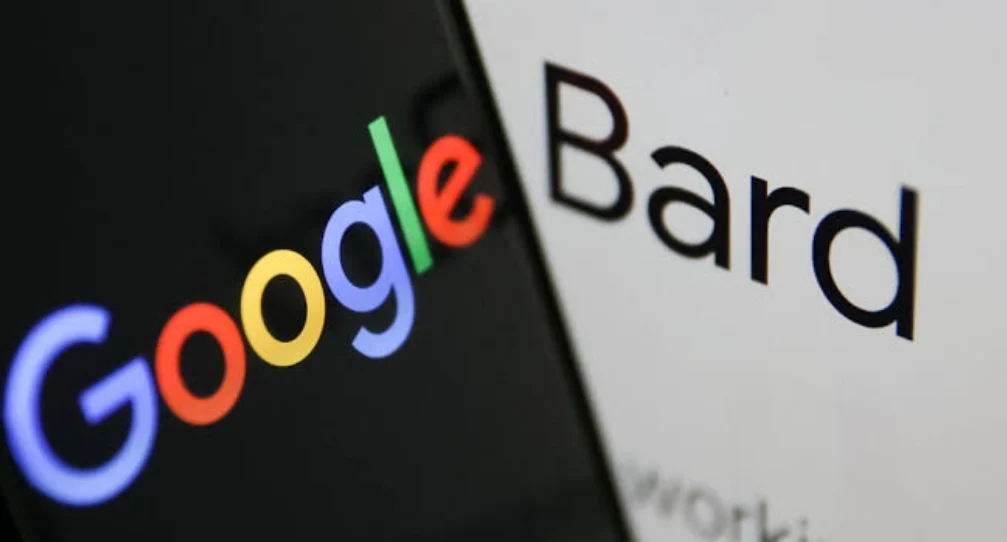
As part of an artificial intelligence clash with Microsoft, which has spent billions in the makers of ChatGPT, the massively successful language programme that successfully imitates human writing, Google announced on Monday that it will unveil a conversational chatbot named Bard.
The San Francisco company OpenAI’s ChatGPT has made a splash for its ability to compose essays, poems, or programming code on demand in a matter of seconds, igniting widespread concerns about cheating or the extinction of entire professions.
With hopes that it will adapt the programme to its Office suite and Bing search engine, Microsoft stated last month that it was supporting OpenAI and that it has started integrating ChatGPT features into its Teams platform.
The possibility of Google’s integration in Bing brought attention to the corporation and rumours that its globally renowned search engine would experience unprecedented competition from an AI-powered rival.
According to media sources, Google founders Sergey Brin and Larry Page, who departed the company some years ago, were called back to brainstorm ideas and expedite a reaction after ChatGPT’s sudden popularity was deemed a “code red” threat.
The lacklustre profits reported last week by Alphabet, the company that owns Google, which fell short of market forecasts, increased the pressure to act. The corporation revealed last month that it was letting go of 12,000 employees as it focused more on AI projects.
The fact that Google made its announcement on the eve of Microsoft’s AI-related launch event is just another indication that the two tech titans will compete for control of the technology, also known as generative AI.
According to independent tech analyst Rob Enderle, “Generative AI is a game changer and just like the development of the internet sank the networking giants that came before (AOL, CompuServe, etc.), it has the potential to disrupt the competitive dynamic for search and information.
He continued, “Google still largely depends on the fact that their search engine is the most popular; this might change that, consigning them to history.”